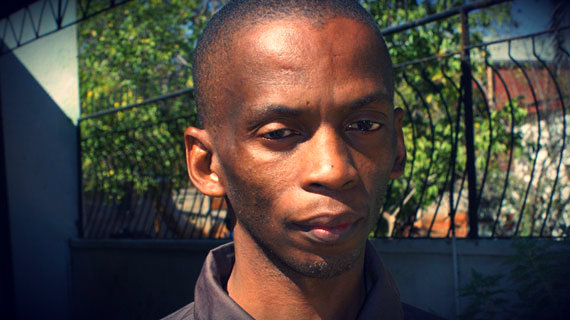
TREMENDOUS STRIDES in information communication technology have literally revolutionised the manner in which individuals, corparates and states go about their business.
We now have mobile banking, electronic commerce, e–commerce, e-governance, Internet banking and it has become possible to do business without physically travelling thousands of kilometres to seal a deal.
Nation states which are traditionally defined by territory, population, geographic borders and the government now have to manage the unstoppable phenomenon of globalisation which is transforming people and institutions into global citizens who are only limited by geography in their socioeconomic and political activities.
Global media It is a fact that most Zimbabweans and indeed Swazis and Sothos have more access to South African television channels than own local media content.
Conversely the influence of international news agencies such as Al Jaazeera, CNA, France 24, BBC and to a lesser extent eTV and SABC is much more profound than of local news stations.
The failure of the country (Zimbabwe) to rapidly liberalise the airwaves has meant that people have managed to access independent media on their own without the assistance of the State.
Globalisation and the impact of satellite TV cannot be limited in this day and age and politicians have to understand that even if they limited people’s choices to “independent” or “private TV and radio stations” at a national level there would always be international media alternatives.
The rapid rise of the Internet and the “citizen journalist”, renders efforts at censorship pointless as people now have unlimited access to information through the Internet.
- Chamisa under fire over US$120K donation
- Mavhunga puts DeMbare into Chibuku quarterfinals
- Pension funds bet on Cabora Bassa oilfields
- Councils defy govt fire tender directive
Keep Reading
It is estimated that over eight million Zimbabweans have access to mobile phones and literally this means every other person excluding babies and small children have mobile phones.
Increasingly most phones have access to the Internet and thus access to global social connections through Facebook, WhatsApp or Twitter (albeit to a lesser extent).
In countries such as Uganda and Kenya mobile technology has had a profound impact on agro-business with mobile applications being developed to suit the needs of farmers.
In the last four years we have seen how social media literally catalysed the demise of regimes in Tunisia, Libya and Egypt although currently problems in those countries are far from over.
Only China has managed to effectively control Internet traffic through the State’s superior coercive superstructure.
Global citizen Today’s young person is only limited by geographic boundaries, a factor which is increasingly under threat because a person can wake up in the morning and greet Facebook friend in Ghana, tweet to a hundred people in the UK, and send a WhatsApp message to another person in Canada.
The very same person can spend one year without seeing their uncle in Magwegwe or Gwanda, but be in more regular contact with somebody in Canada or Dubai. Business can be conducted through Skype calls or conferences, hence reducing the gap between people in different countries.
Global citizen and sports Why is it that on a Monday morning you are more likely to hear a heated debate about how Manchester United, Liverpool, Arsenal or Chelsea performed rather than how Highlanders FC or Dynamos, Kaiser Chiefs or Green Buffaloes (can a buffalo be actually green) performed?
It’s all about globalisation and not necessarily the fact that our local soccer is dying (although it is). It is a function of global culture and access to information.
That is why it is possible today for someone to tell you the whole Real Madrid or Barcelona line-up and not know a single Caps United or FC Chiredzi player.
It is not lack of patriotism it is just the manner in which the world is rapidly metamorphosing and at the slow pace of integration of ICTs in sport, music, art, development, governance and literally everything in Africa.
At the click of a button you can Google any player or any team from Europe and you will have access to updated information through well-maintained websites and spaces.
We cannot say the same for government ministries, soccer teams and so forth in Africa Zimbabwe in particular. We are still holding on to information dearly as sacrosanct when the world has moved on and left us in the sanctuary of a latter day “stone age”.
African individuals, however, still have access to information about global music, film, sports, political or business icons and thus it becomes easier for them to identify with them.
It is not just about patriotism, but the imperative of ensuring that African entities be they corporate, political, artistic or sport are technocentric in their approach or else Africa will become irrelevant to its own people who have become global citizens only limited by time zones and geographical locations.
The tremendous strides in information communication technology has literally revolutionised the manner in which individuals, corparates and states go about their business.
Dumisani Nkomo is an activist, social commentator and chief executive officer of Habakkuk Trust. He writes in his personal capacity.










